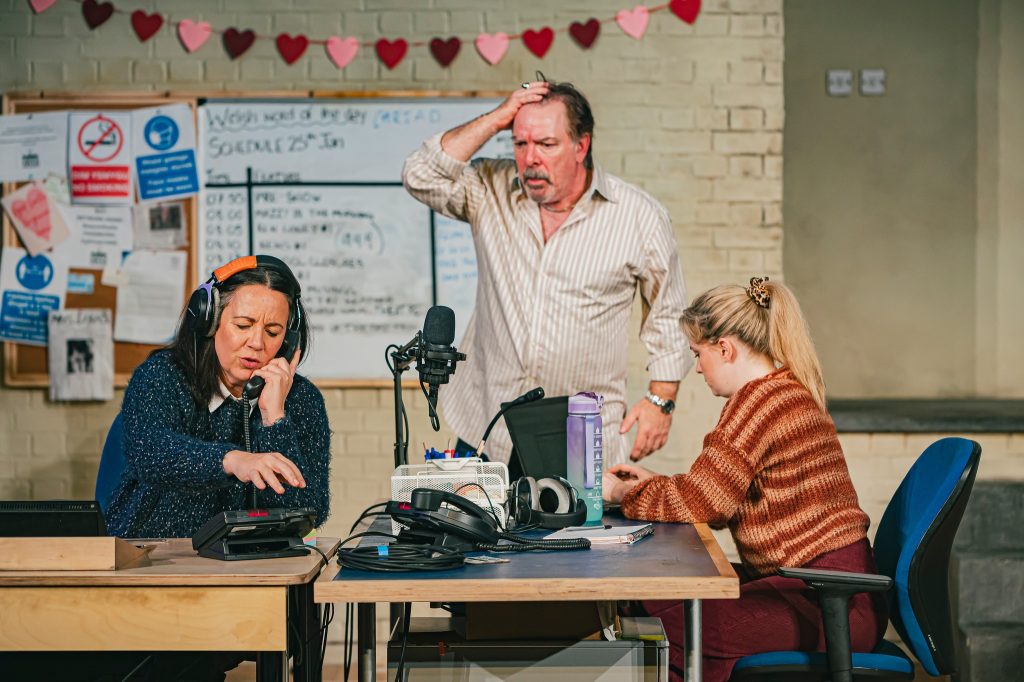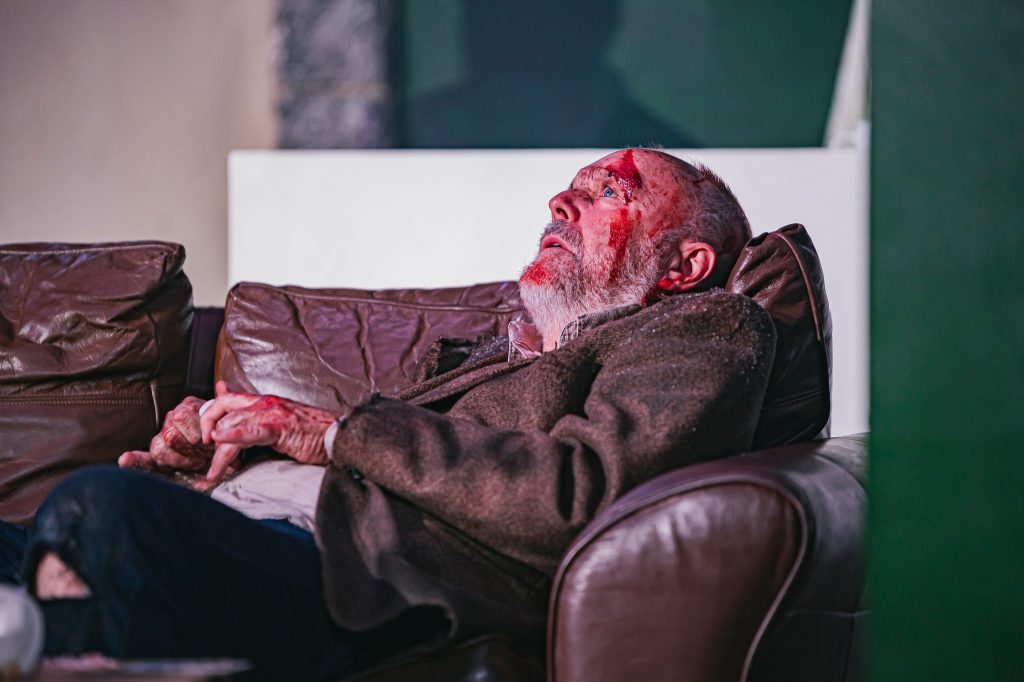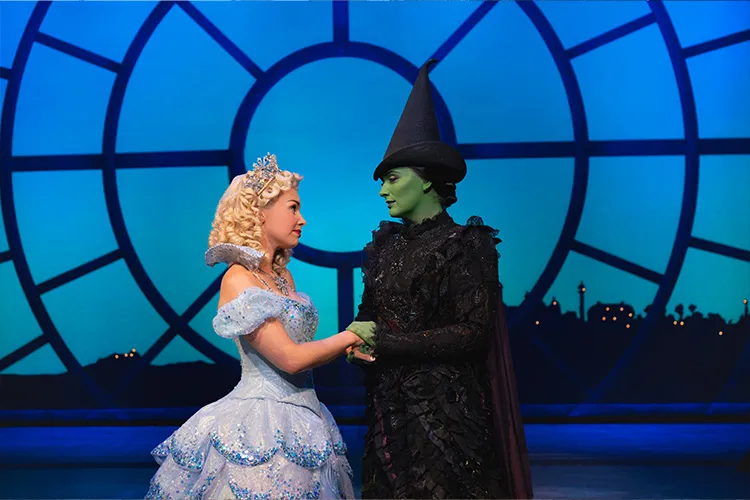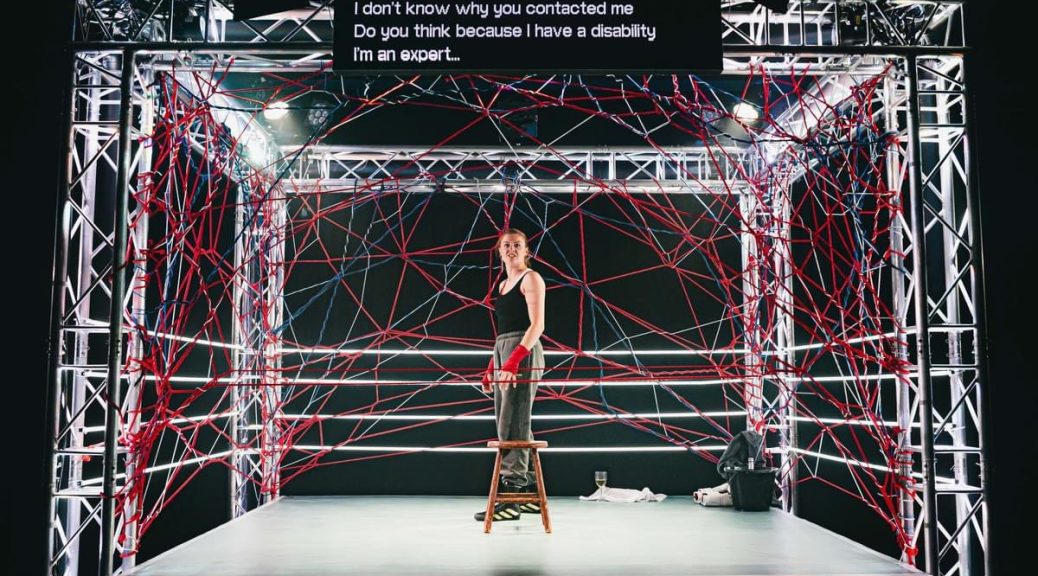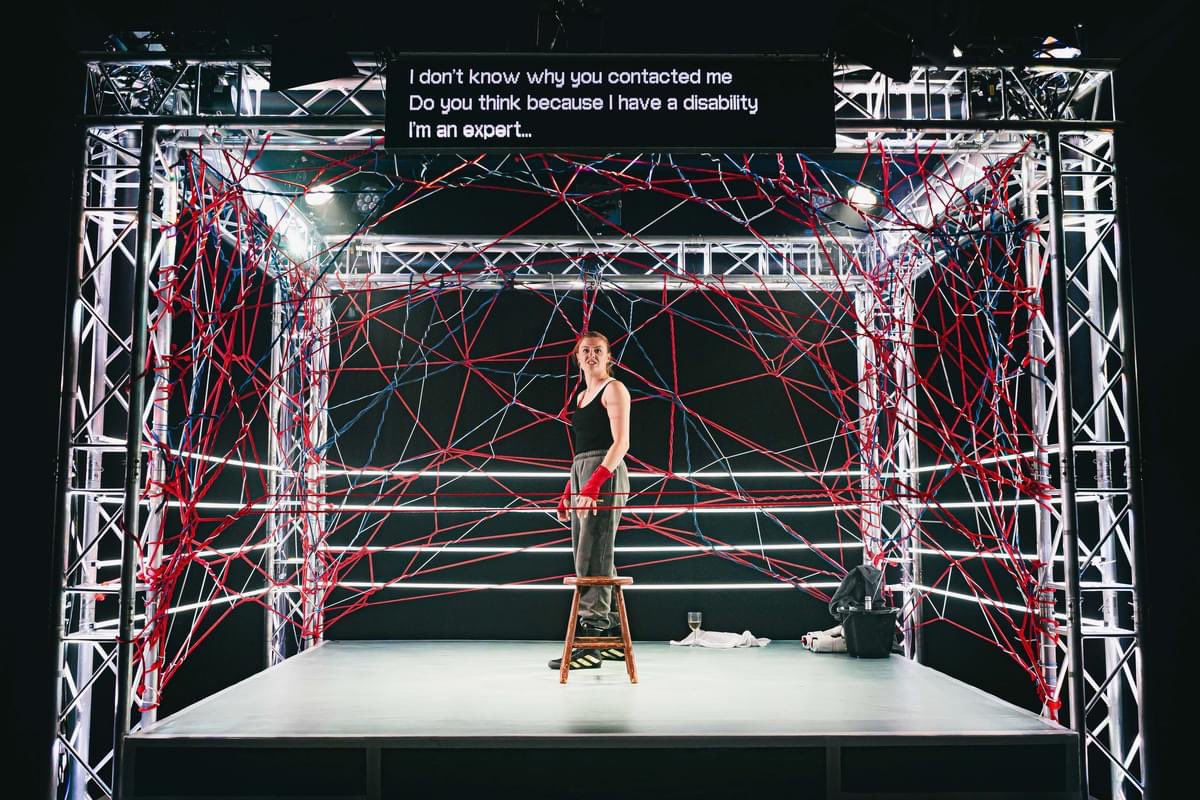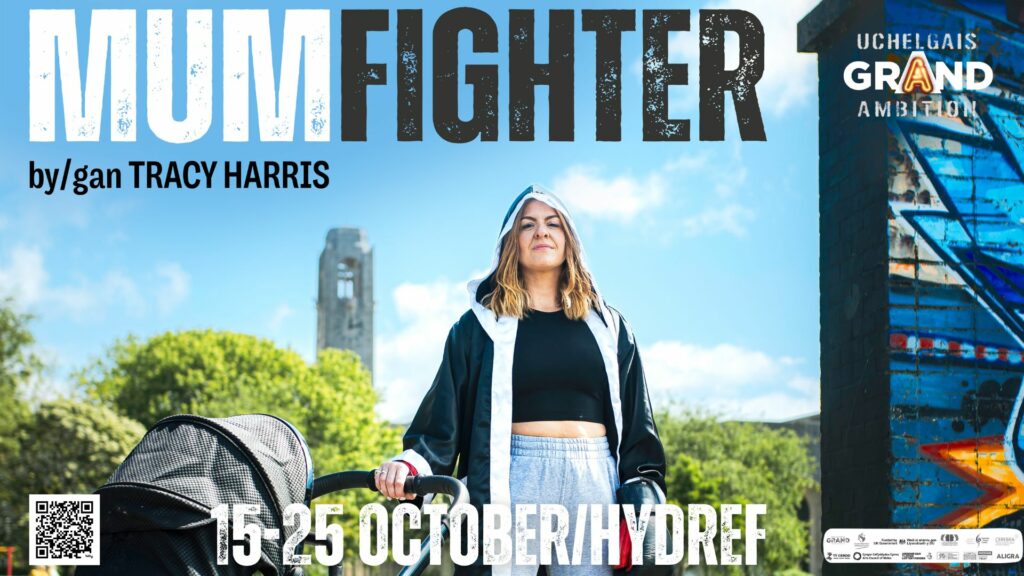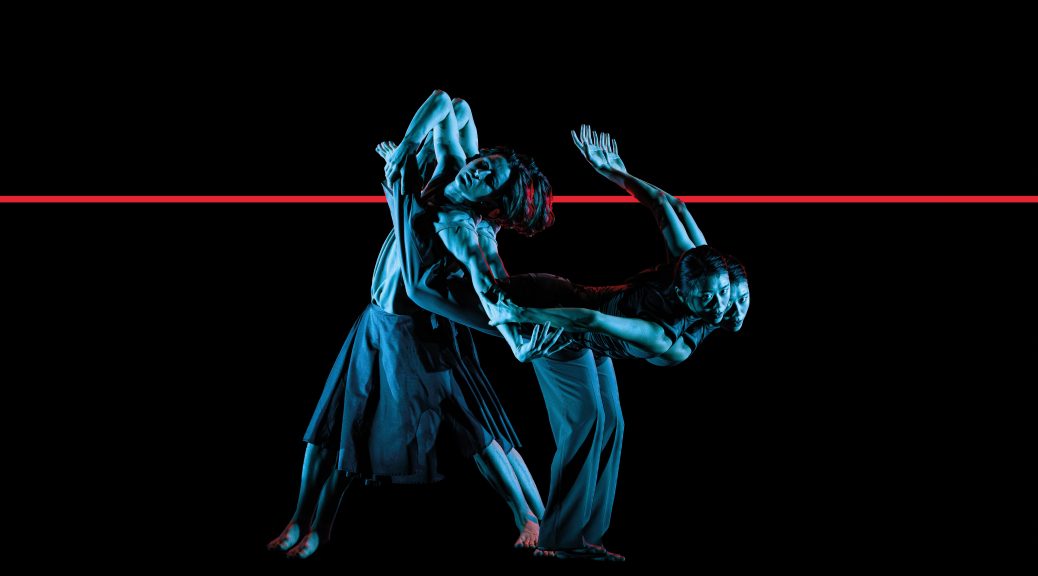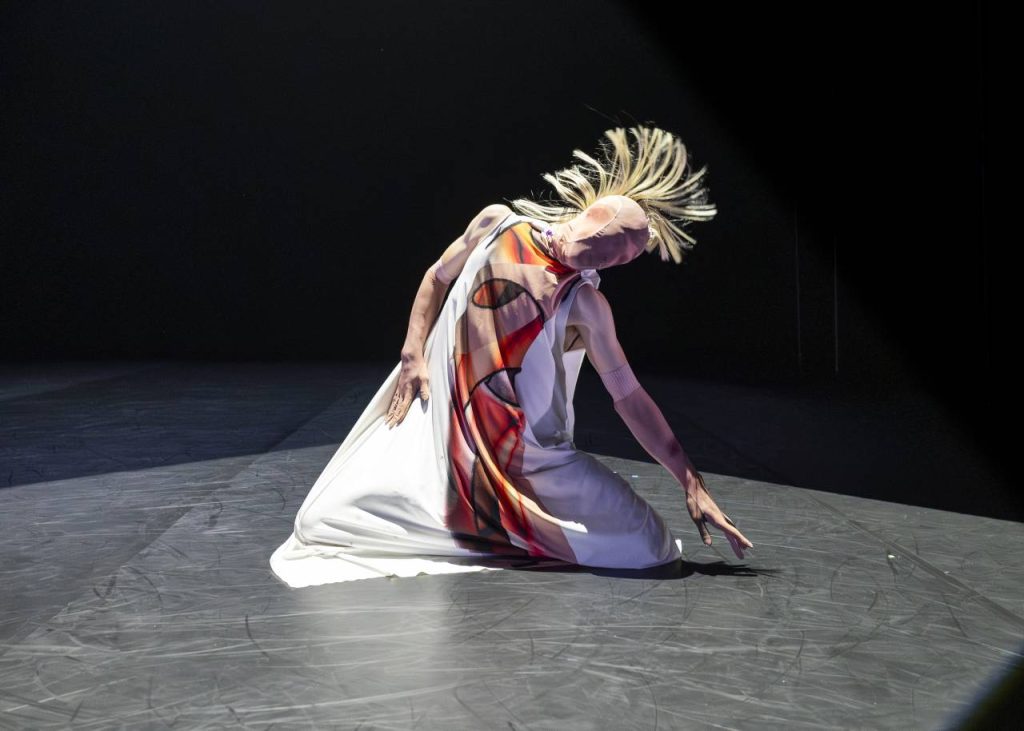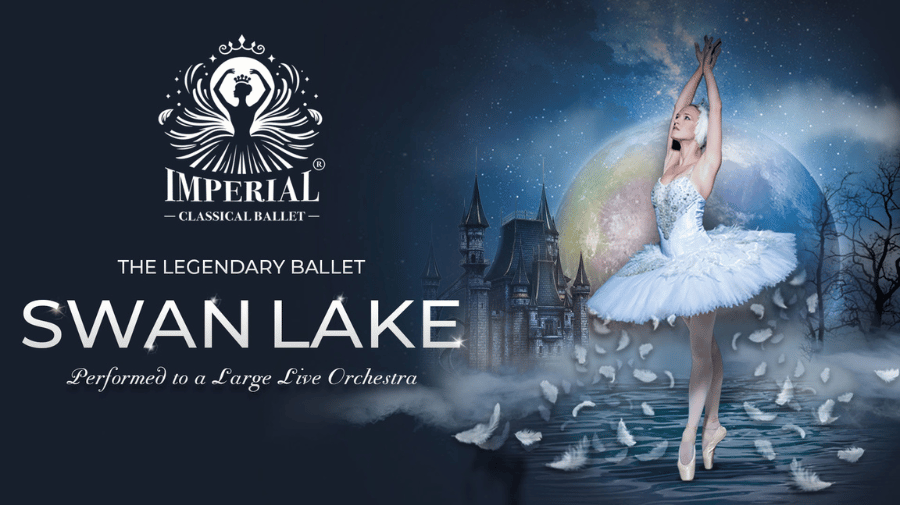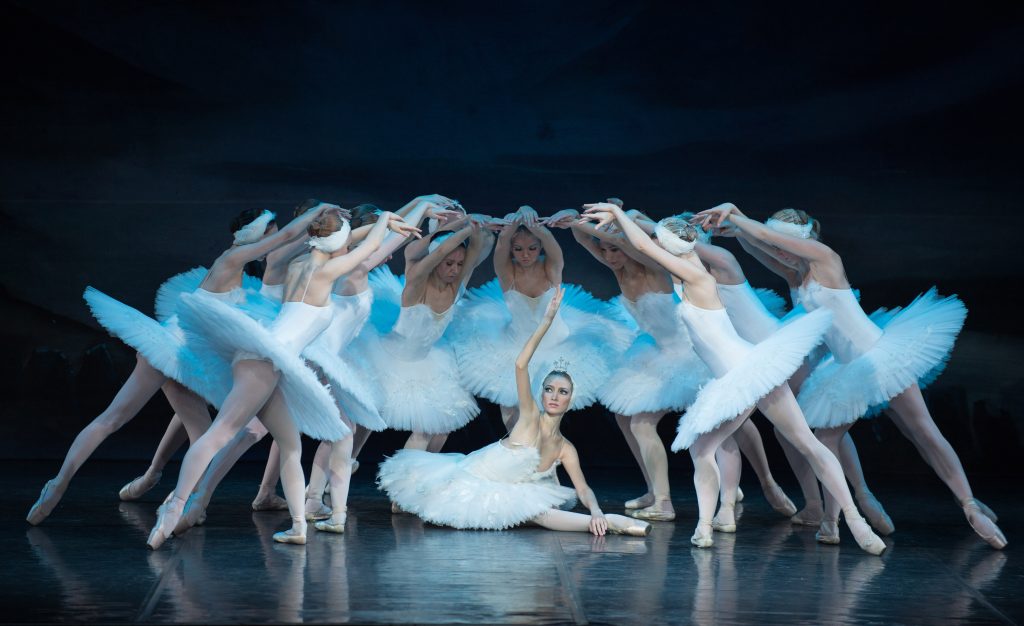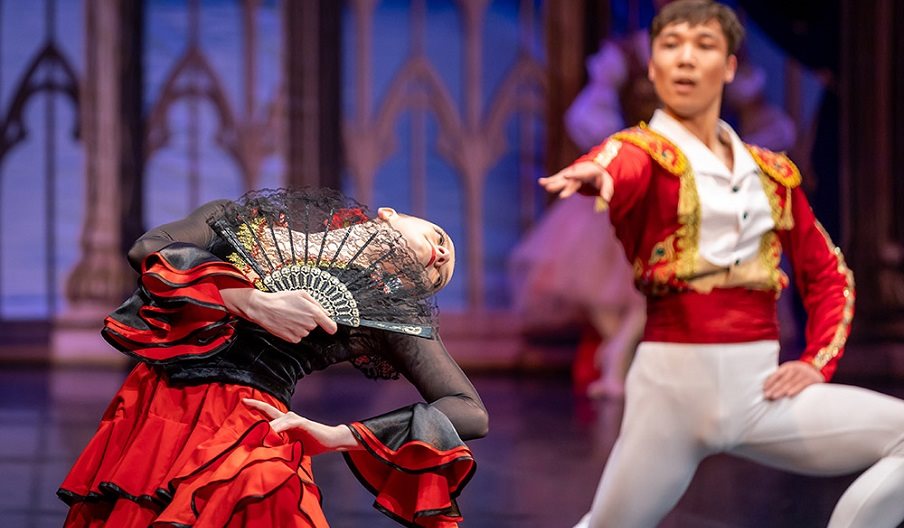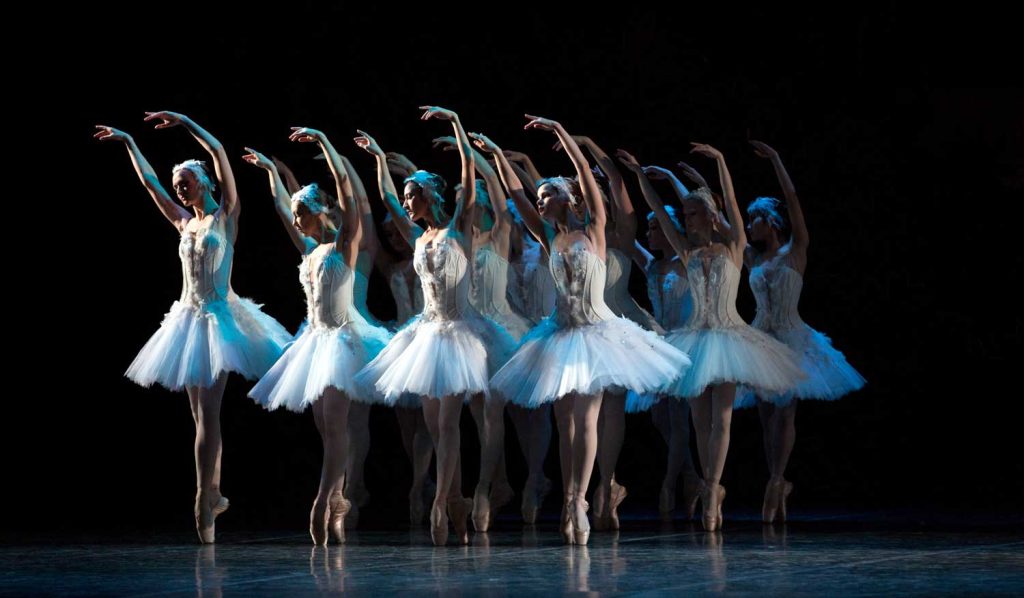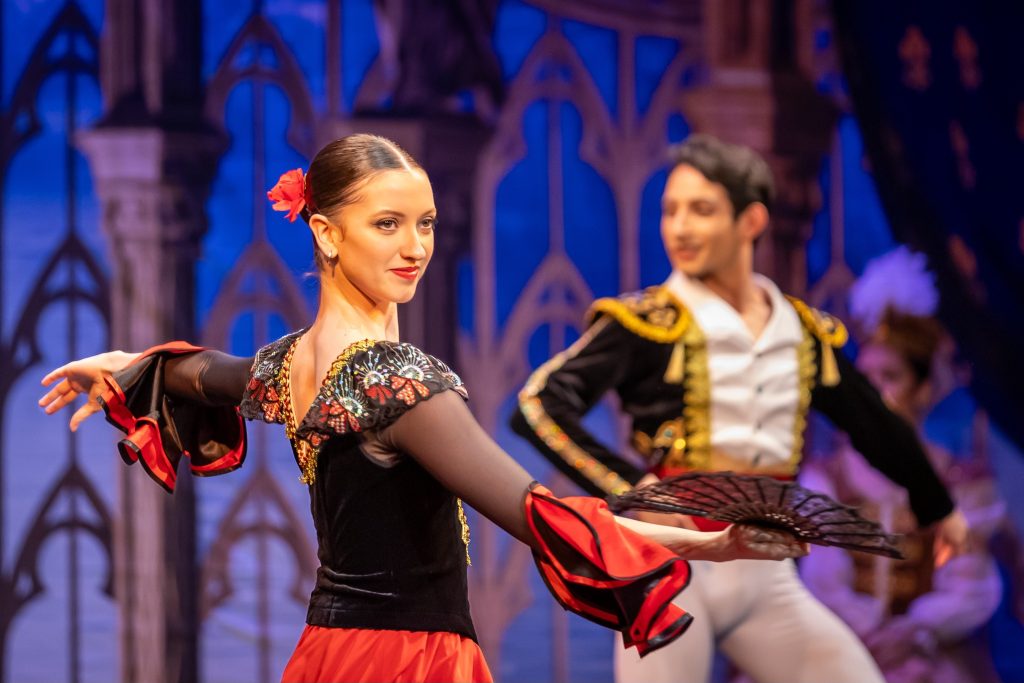
 (4 / 5)
(4 / 5)
The BBC Singers remain one of many musical institutions who have been compromised by politics and funding. We’ve seen all the dismal activity in Wales with some of our groups, we really feel all this is happening at the wrong time.
This wonderful concert in a perfect venue had all the right features. Condensed down to 70 minutes and with the loss of conductor Sofi Jeannin, it would be Nicholas Chalmers who would take the plucky reins. This John Taverner heavy concert was filled with light, beauty and hope. Samuel Barber’s Angus Dei, better known as the Adagio for Strings in its quartet arrangement is famous and remains as powerful as when it was written. The Singers excel here, brooding harmonies and gentle harmonics are their powerhouse. Kristina Arakelyan’s Evening Prayer has few tricks nor frills, though was a miniature of grace, a subtlety not heard for some time.
Tavener’s Funeral Ikos is taken from the Greek Orthodox Church for when one of their priests dies. With stirring vocals and the sharing of the passages between the gendered singing groups, it could only be moving. The “Alleluias” are particularly strong, warm and golden as they stretch out between all. A return from Arakelyan, this time her Holocaust Memorial Day Hymn. This smooth writing comes from a composer in her youth, filled with promise. I’d like her to push the envelope and try out more experimental things.
Repurposed for Princess Diana’s funeral, Song for Athene was heard by over a billion people that day. It never loses its footing, the pacing is perfect too. Grabbing slices of Hamlet and more Orthodox wording, the chorus had moments of sheer wonder here. You are always pleased when it’s on the programme and it should leave many eyes teary. A more recent outing from 2014 with Tavener’s Requiem Fragments was the end this night. Having died the year prior, this send off saw its premiere at the Proms in London. Inspired by Renaissance master Josquin des Pres, these fragments also feature a string quartet and three trombones.
It’s odd in many ways, though filled with bracing, pretty moments you’d always expect. The quartet add a lot of power in the blend with the singers. The trombones are used sparingly, if little more then plodding and brief declarations. With Hindu texts melding with Latin, it felt like one of many latter offerings of Tavener and his fascination with faiths of the world. Even the opening words are a zen like “Ommmmm”. The solo for soprano stood behind us in her lush choral is then mirrored by the chrous, a standout of the piece and then done again for good measure. I think I may have preferred this upon its first outing, listening on the radio a decade ago.



 (3 / 5)
(3 / 5)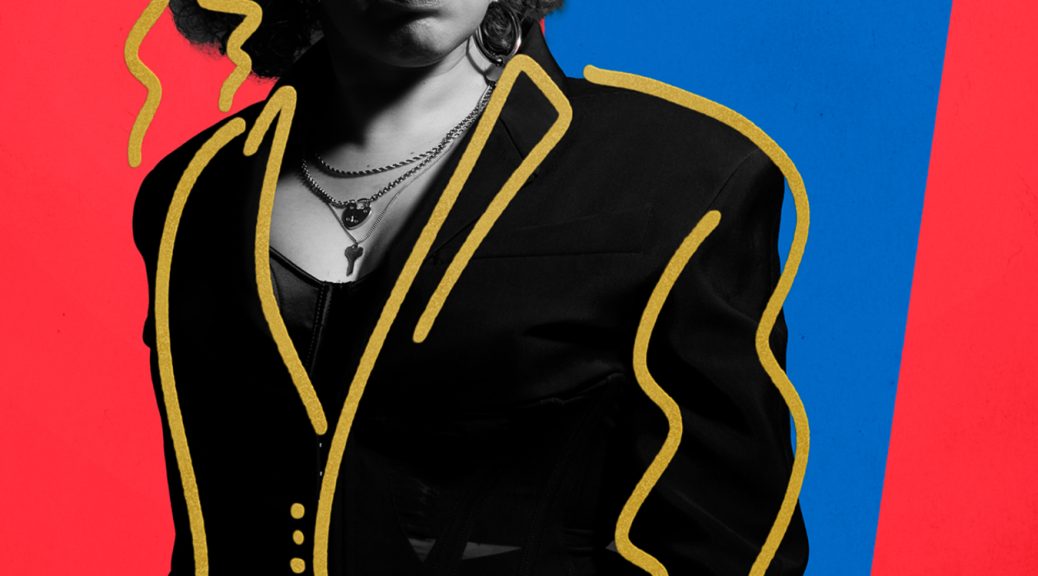






 (4.5 / 5)
(4.5 / 5)
